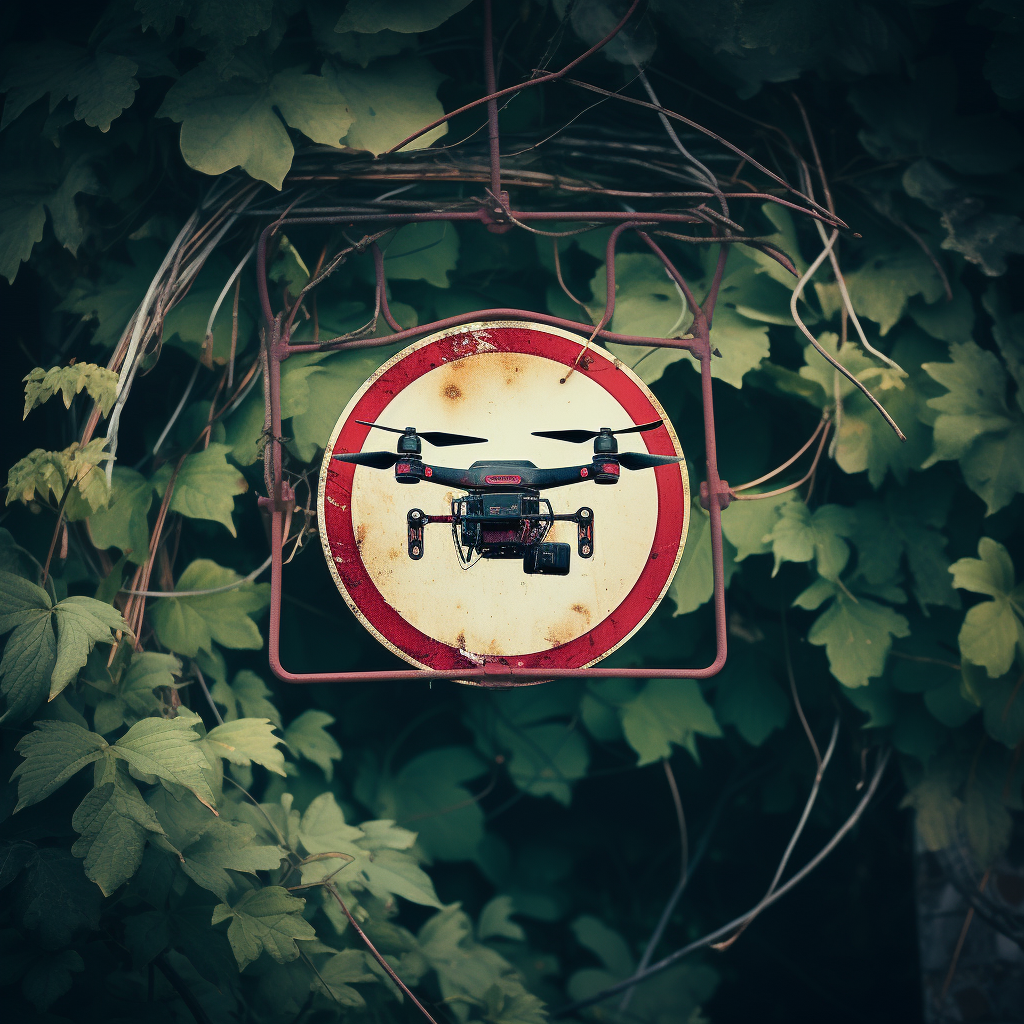
The Essential Guide to Drone Flying Responsibilities in 2024
In the rapidly evolving landscape of drone technology, the drone flying responsibilities of drone flyers have become increasingly significant. With advancements in drone capabilities and applications, understanding the full spectrum of responsibilities is crucial for both amateur and professional drone operators in 2024. This guide delves into the critical aspects of drone flying responsibilities, ensuring safe, legal, and ethical drone operation.
1. Adhering to Regulatory Compliance
One of the foremost responsibilities of drone flyers in 2024 is staying updated with and adhering to local, national, and international regulations. Regulatory bodies around the world, such as the FAA in the United States, EASA in Europe, and CASA in Australia, have set forth comprehensive guidelines that govern drone operations. These regulations often cover aspects like drone registration, no-fly zones, flight altitude limits, and operator certification requirements. It’s imperative for drone operators to understand and comply with these regulations to ensure legal and safe drone flying.
2. Ensuring Privacy and Ethical Considerations
With drones capturing high-quality images from unique angles, respecting privacy and ethics is crucial. Flyers should avoid invading privacy and disturbing wildlife or natural habitats.
3. Prioritizing Safety Measures
Safety is paramount in drone flying. Drone operators must conduct pre-flight checks to ensure their drones are in perfect working condition. This includes checking the battery levels, ensuring all components are secure, and confirming the functionality of safety features like return-to-home (RTH) functions. Awareness of weather conditions and avoiding hazardous flying conditions are also key safety responsibilities. Moreover, maintaining a clear line of sight with the drone and using safety gear, like propeller guards, can significantly reduce accident risks.
4. Mastering Flight Proficiency and Training
With the complexity of modern drones, achieving a high level of flight proficiency is crucial. This involves not only understanding the basic controls but also being adept at emergency procedures and advanced flying techniques. Continuous learning through certified programs is crucial for drone operators to enhance their skills.
5. Contributing to the Drone Community
Being part of the drone community comes with the responsibility of sharing knowledge, experiences, and best practices. Participating in forums, events, and educational programs significantly aids the drone community’s responsible growth. Additionally, experienced drone flyers can mentor newcomers, promoting a culture of safety, responsibility, and innovation.
6. Embracing Technological Updates and Innovations
The drone industry is characterized by rapid technological advancements. Staying abreast of the latest drone technologies, software updates, and innovative flying techniques is essential for drone flyers. This improves the flying experience and enables safer, more efficient flights by leveraging new features.
The responsibilities of drone flyers in 2024 extend beyond mere operation of the aircraft. They encompass a broad spectrum of considerations, including legal compliance, ethical flying, safety, continuous learning, community engagement, and technological proficiency. Drone flyers who follow these guidelines keep the skies safe and open to drone technology’s potential. Whether hobbyist or a professional, embracing these duties is crucial for a fulfilling experience.
Remember to always adhere to fly safe regulations of the location that your are flying. And as always – don’t miss out on getting MaD on your next media project.